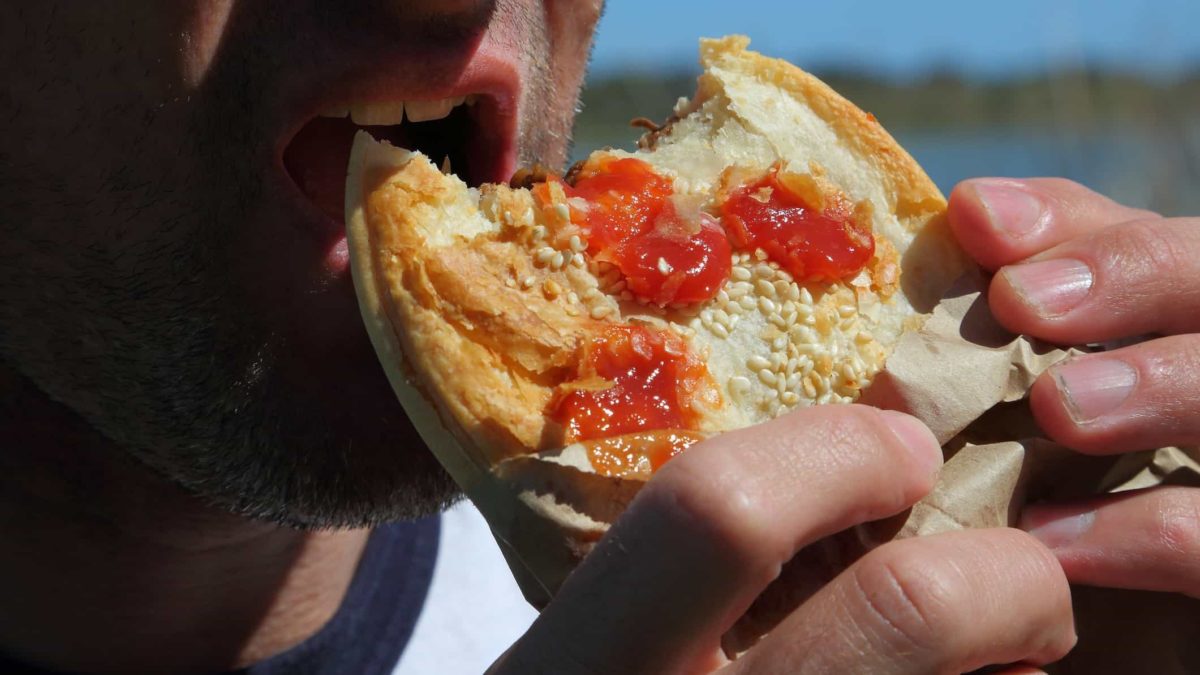Leading fund manager Tim Carleton from Auscap Asset Management has outlined why ASX shares could be the best way to go right now.
Talking to Livewire, Carleton suggests that Australian shares have proven themselves over the long term. He says the lucky country could be the best place to invest over the United States and European markets.
How bullish should investors be about ASX shares?
Carleton suggests that investors should consider investing in Australian shares as much as possible. Livewire quoted him saying:
There is a massive push to diversify out of Australia, but I think you want to be as overweight Australia as you can possibly stomach for the rest of our lifetimes.
That's certainly been the right way over the last 100 years, with the Australian market delivering the best returns of any developed market, at around 12% a year, and I see no reason for that to change and if anything, we're in a better position now than we have been.
Rising inflation and worries regarding interest rates may be hurting the valuations of businesses overseas. But Australia's inflation is currently lower, and wage growth may also be slower.
Australia has a number of advantages
According to Auscap, Australia has a number of useful advantages.
The first is the country's "natural resource advantage", which could help us in the transition to green energy. Some of the biggest ASX shares are resource giants like BHP Group Ltd (ASX: BHP), Rio Tinto Limited (ASX: RIO) and Fortescue Metals Group Limited (ASX: FMG).
Another advantage, according to Auscap, is the relatively strong population growth over the medium term.
Australia's proximity to the "high growth and rapidly developing" Asian economies is another advantage.
The final advantage that Australia has is its democratic and rules-based political system including the protection of property rights. This is a reason to expect Australia will continue to provide one of the best investing environments in the world.
Which ASX shares does Auscap like?
Tim Carleton refers to four ASX shares that Auscap has invested in recently.
Macquarie Group Ltd (ASX: MQG)
Macquarie is a global investment bank that is well-liked. It makes profit from across the world, with more than two-thirds of earnings coming from international sources. It also has "exceptional returns on invested capital." The company has achieved long-term earnings per share (EPS) and the fund manager thinks growth can continue.
Mineral Resources Limited (ASX: MIN)
Mineral Resources is an iron ore and lithium miner. According to Carleton, it's the world's fifth-biggest lithium producer and this could drive the company's growth.
The fund manager referred to Albemarle's prediction that demand for lithium is going to increase by 8x by the end of the decade.
Nick Scali Limited (ASX: NCK)
Nick Scali is one of Australia's largest furniture businesses. This ASX share is Carleton's favourite pick at the moment, referring to the company's average return on equity (ROE) of over 50% in the past decade.
A key reason for the bullishness is the potential of the business to keep growing revenue and profit over the coming years through multiple avenues. Some of those ways to grow the business include a store rollout, e-commerce growth, and the ability to raise profit margins.
Nick Scali recently acquired the furniture business Plush-Think Sofas.
HomeCo Daily Needs REIT (ASX: HDN)
This business is a real estate investment trust (REIT) that has a portfolio of more than 50 homemaker centres in Australia. Its tenants are predominately ASX shares or large global names.
Carleton says that the business has a forecast dividend yield of 6.6%. It also has contracted rental growth built into its leases, at an average of 3.6%. This could provide a good starting point for returns, according to the fund manager. Carleton thinks the REIT can achieve above-market rental growth for quite a while.
Another interesting thing about this business for Auscap is that the 'site coverage' is only 38%. So there is more land that it can develop on. The business comes with a development pipeline of $500 million.









